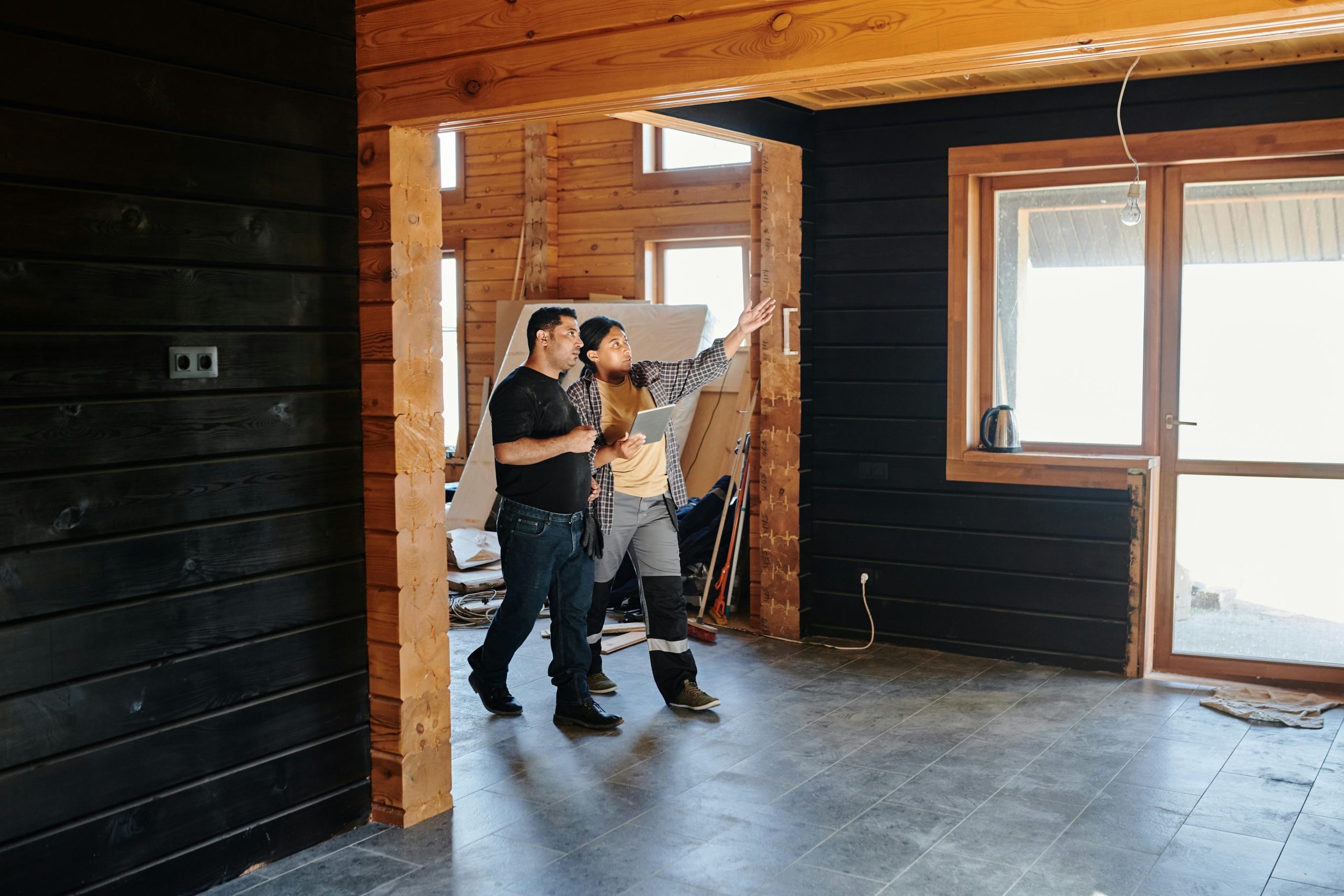5 Ways to De-Stress Your Holiday Season

The holidays are meant for connection, not just chaos. But between finishing up work for the year and managing family expectations, the “most wonderful time of the year” can quickly become the most stressful.
If you are feeling the pressure, you aren’t alone. Here is a simple 2025 guide to staying calm, organized, and actually enjoying the season in Saskatoon.
1. Plan Your Dates Early
The biggest source of holiday stress is trying to squeeze everything in at the last minute. Get your key dates on the calendar now so you aren’t scrambling.
-
Pro Tip: If you plan to visit the BHP Enchanted Forest (open nightly until Jan 4, 2026), buy your “Enchanted Car Pass” early at a local Shoppers or Co-op. It saves you money at the gate and speeds up your entry on busy nights.
2. Stick to a “Experiences” Budget
It’s easy to overspend on gifts, but often the best memories are the ones that cost very little. Saskatoon has plenty of affordable options this year if you know where to look.
-
Local Insight: For a low-cost family outing, check out the Eaton’s “Once Upon a Christmas” exhibit at the WDM (running until Jan 4). It’s a classic Saskatoon tradition that feels festive without the high price tag of a big event.
3. Delegate the “Heavy Lifting”
You don’t need to be a superhero. If you are hosting, ask family to bring a side dish, or support a local business to handle part of the meal.
-
Quick Idea: If you are heading to Glow Saskatoon at Prairieland (open until Dec 28), turn it into your family get-together. Instead of hosting dinner at home, meet there for a walk through the “Jolly Jumble” light gardens—no dishes to clean up afterward!.
4. Embrace Simplicity
You don’t have to attend every single market or party. Pick one or two things that really matter to you and politely decline the rest.
-
Saskatoon Highlight: Sometimes a quiet walk is better than a loud party. The Meewasin Skating Rink near the Delta Bessborough opens mid-December. A simple evening skate followed by hot chocolate is often more memorable than a crowded event.
5. Prioritize “You” Time
Real estate and life don’t stop just because it’s December. Make sure you are taking 30 minutes a day to unplug.
-
Try This: If you need a break from the noise, take a drive. The city is beautiful right now—even just a loop around the bridges to see the downtown lights can be a great way to reset your mind.
Enjoy the Season
Whether you are staying put or moving during the holidays, we hope you find time to relax and connect. The market will still be here in January, so take this time to recharge.
Wishing you a warm and stress-free holiday season!
Top Home Maintenance Tips for Fall in Saskatoon

As the leaves change and temperatures drop, Saskatoon homeowners know that fall is the perfect time to prepare their homes for the long winter ahead. A little seasonal maintenance now can prevent costly repairs and ensure your home stays cozy, efficient, and market-ready – whether you’re planning to sell soon or just want peace of mind all season long.
Here are our top fall home maintenance tips to help you get started:
1. Inspect and Clean Your Gutters
When autumn leaves start to fall, your gutters can easily clog – leading to water buildup and potential roof damage. Clean out leaves and debris, and check that downspouts are directing water away from your foundation. This small task can prevent big drainage problems come spring.
2. Check Windows and Doors for Drafts
Saskatoon winters are known for their chill! Check for gaps around window and door frames, then seal them with caulking or weatherstripping. Not only will this keep your home warmer, but it can also lower your energy bills.
3. Service Your Furnace and Change the Filter
Before you turn up the heat, schedule a furnace inspection. A professional cleaning and tune-up ensure your heating system runs safely and efficiently. Don’t forget to change your furnace filter monthly for clean air and peak performance.
4. Prepare Your Yard and Outdoor Spaces
Rake leaves, aerate your lawn, and give shrubs a final trim. Drain and store hoses, shut off exterior faucets, and clean your eavestroughs. If you have outdoor furniture, store it away or cover it securely to prevent winter wear.
5. Clean and Inspect Your Fireplace or Chimney
If your home has a wood-burning fireplace, have it inspected and cleaned before using it. Built-up creosote can pose a fire hazard. Even if you use a gas fireplace, it’s smart to test the pilot light and ensure it’s venting properly.
6. Test Smoke and Carbon Monoxide Detectors
Fall is the ideal time to replace batteries in all your detectors. With furnaces running and fireplaces in use, safety is key. This quick step could save lives.
7. Winterize Windows, Decks, and Driveways
Apply a water-repelling seal to decks and concrete driveways to protect them from ice and salt damage. Consider adding plastic window film or insulated curtains to improve energy efficiency through the colder months.
8. Add Cozy Touches Indoors
Once the chores are done, don’t forget to enjoy your home! Add soft blankets, warm lighting, and seasonal décor to create a cozy space perfect for Saskatoon’s crisp autumn evenings.
Why Fall Maintenance Matters
Regular seasonal maintenance not only protects your biggest investment — it also enhances your home’s value. Buyers notice when a home is well cared for, and proactive upkeep can make your property stand out if you decide to sell.
Thinking About Selling This Fall?
Fall can be a beautiful time to showcase your Saskatoon home. With golden leaves and comfortable temperatures, buyers are still active — especially those hoping to move before winter.
Unlock the Highest Offer: Essential Saskatoon Home Seller Strategies

Selling your home is one of the biggest financial decisions you’ll make, and in Saskatoon’s competitive housing market, you want to make sure you get the best possible offer. Whether you’re moving up, downsizing, or relocating, these expert tips will help you position your home to attract serious buyers and secure an amazing offer.
1. Make a Memorable First Impression
Curb appeal is crucial. Trim your lawn, clear the walkways, freshen up your front door with a new coat of paint, and consider adding potted plants or flowers. Buyers often decide within seconds whether they’re interested, and a welcoming exterior sets the tone for the entire showing.
2. Stage for Success
Staging helps buyers visualize your house as their future home. Declutter every room, depersonalize by removing family photos, and arrange furniture to highlight your home’s best features. If possible, hire a professional stager; staged homes often sell faster and for more money.
3. Price It Right From the Start
Overpricing can scare away buyers, while underpricing leaves money on the table. A local realtor can provide a comparative market analysis to set a competitive price based on recent sales in Saskatoon. Homes priced right from day one tend to attract more interest and stronger offers.
4. Invest in Professional Photography
Online listings are your first showing. High-quality, well-lit photos are essential to capturing buyers’ attention. Professional photographers know how to showcase your home’s space, light, and features in the best way possible, driving more showings and offers.
5. Fix What’s Broken
Even small issues like leaky faucets, squeaky doors, or chipped paint can give buyers the impression that the home hasn’t been well-maintained. Addressing these minor repairs before listing shows buyers your home is move-in ready, and can eliminate reasons for them to negotiate your price down.
6. Be Flexible With Showings
The easier it is for potential buyers to see your home, the more likely you are to receive offers quickly. Accommodate evening and weekend showings, and keep your home clean and ready at all times. The first few weeks on the market are crucial for creating buzz and attracting serious buyers.
7. Market Strategically
Beyond the MLS, your realtor should market your home with professional signage, social media campaigns, virtual tours, and email outreach to their buyer network. Targeted marketing exposes your property to the right buyers, increasing your chances of multiple offers.
8. Work With a Local Expert
A Saskatoon-based realtor brings in-depth knowledge of neighbourhood trends, buyer behaviour, and pricing strategies. They’ll help you negotiate effectively and ensure you understand every step of the selling process so you can make informed decisions that maximize your profit.
Ready to sell your Saskatoon home for top dollar?
Contact our team today for a free home evaluation and personalized selling strategy!
Spring Into Action: Top 5 Spring Home Maintenance Tips for Saskatoon Homeowners

As the snow melts and the days get longer, spring in Saskatoon offers the perfect opportunity to give your home a little TLC. Whether you’re planning to list your home this season or just want to stay on top of upkeep, these essential spring maintenance tips will help protect your investment and keep everything running smoothly.
1. Inspect Your Roof and Gutters
Winter can be tough on your roof—especially with the snow and ice build-up we often see in Saskatoon. Now’s the time to:
- Check for missing, cracked, or curling shingles.
- Clean out gutters and downspouts to prevent water damage.
- Make sure water is draining away from your home’s foundation.
A simple inspection now can save you from major repairs down the road.
2. Check for Foundation Cracks
As the ground thaws, subtle shifts can lead to new cracks in your home’s foundation. Walk around the exterior of your home and look for any signs of:
- New or widening cracks
- Water pooling near the base of the house
- Shifting or crumbling concrete
If anything looks concerning, consider having a professional take a closer look—early intervention is key.
3. Service Your Air Conditioning System
Spring is a great time to have your HVAC system serviced before the summer heat hits. A quick tune-up can:
- Improve efficiency
- Reduce energy bills
- Extend the life of your system
Don’t forget to replace the filters, too—it’s one of the easiest ways to boost air quality and system performance.
4. Tidy Up the Yard and Exterior
With the snow gone, it’s time to clean up the yard and prep your outdoor spaces. Make sure to:
- Rake up leftover leaves and debris
- Trim trees and shrubs away from your house
- Pressure wash siding, decks, and patios
If you’re planning to sell, this also boosts curb appeal—first impressions count!
5. Test Smoke and Carbon Monoxide Detectors
It’s a good habit to test these devices with every seasonal change. Replace batteries if needed and make sure everything is functioning properly. Safety should always be top priority.
Bonus Tip: Thinking of Selling This Spring?
Spring is one of the busiest seasons in real estate—and a little maintenance can go a long way in boosting your home’s value. At Schmid Realty, we can help you prepare your home for the market with expert advice and personalized service.
Ready to buy, sell, or just curious about the Saskatoon market?
Let’s talk! Our team at Schmid Realty is here to guide you every step of the way.

 Facebook
Facebook
 X
X
 Pinterest
Pinterest
 Copy Link
Copy Link






